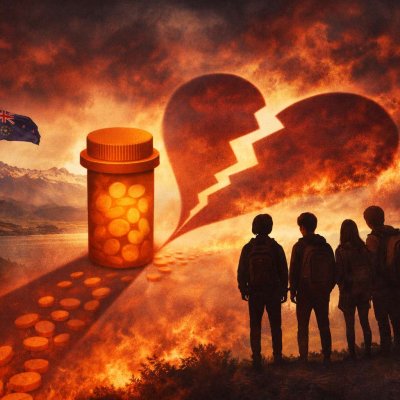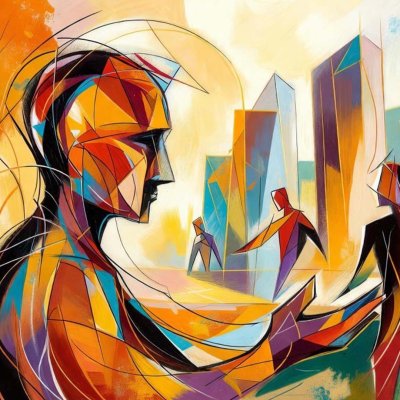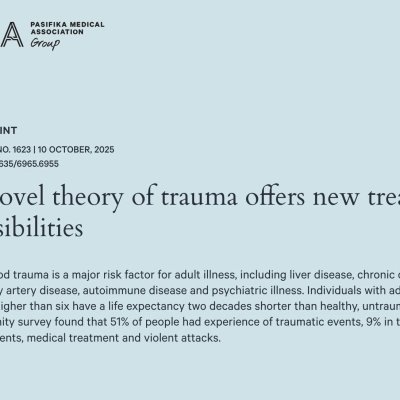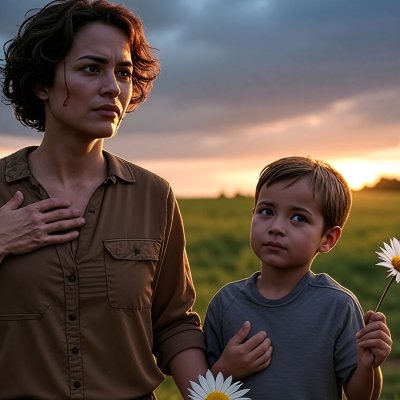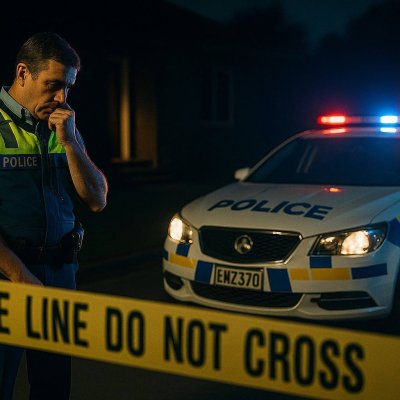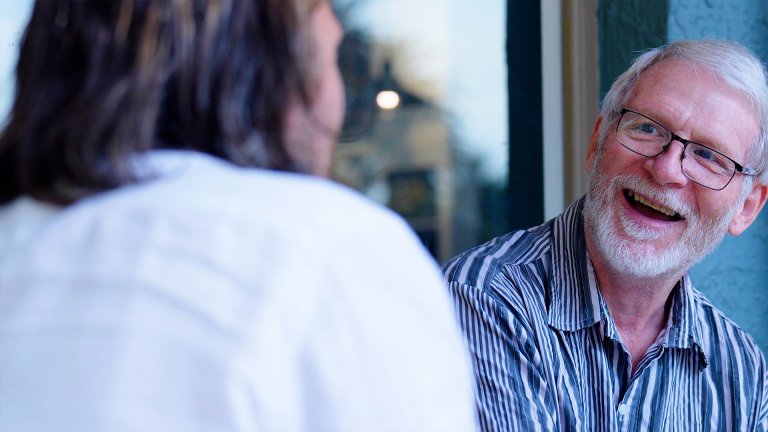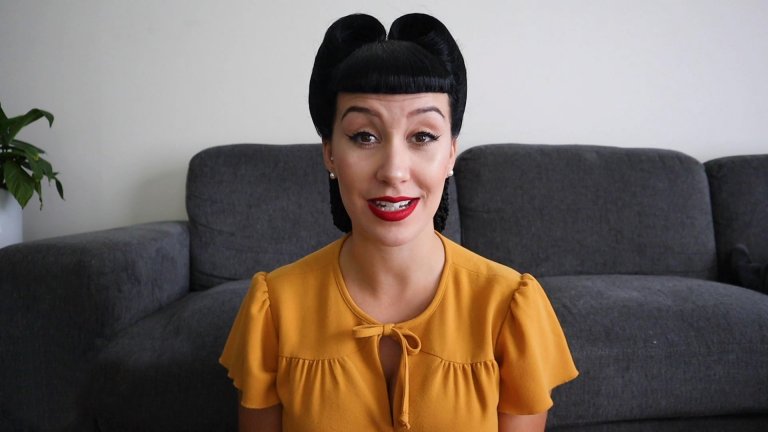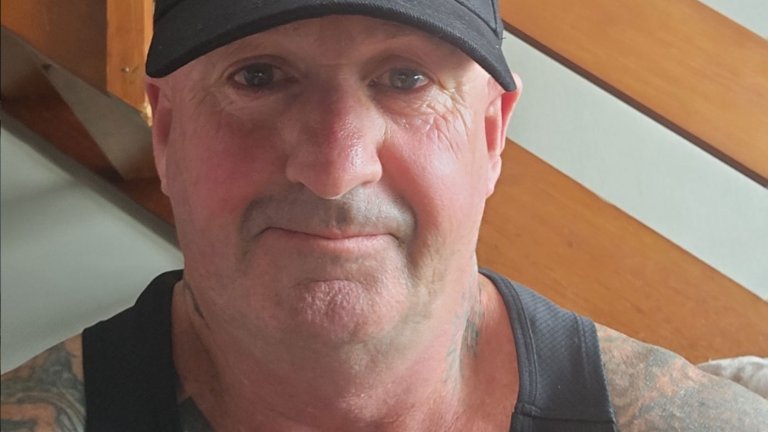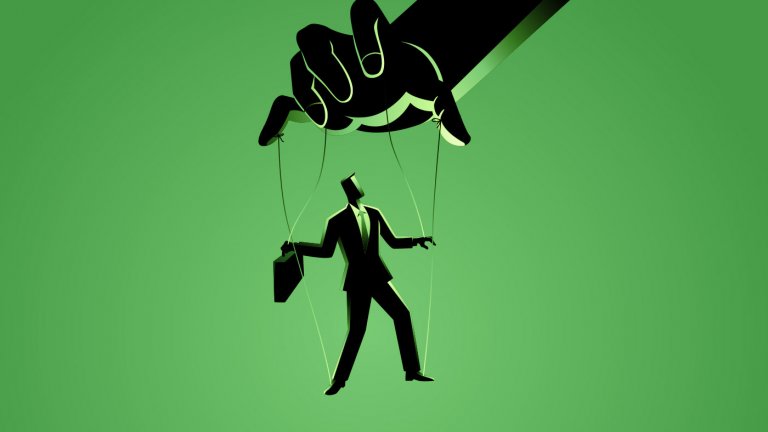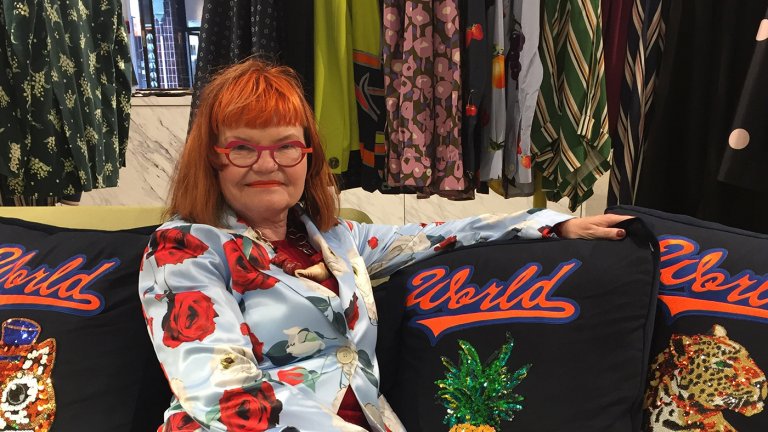The Transformational Power of Human Connection: Why Our Mental Health System Needs More Than Pills and Protocols
In 2005, a young man stood on the edge of the Golden Gate Bridge, ready to end his life. Ninety minutes later, he stepped back from the ledge — alive.
What changed?
A highway patrol officer named Kevin Briggs had simply stood beside him and listened.
“I didn’t need advice,” the man later said. “I just needed someone to hear me.”
This simple act — human connection — may be the most powerful, yet most overlooked, tool in mental health care today.
A System Under Strain
Fast forward to 2025, and the pressure on mental health services has never been greater. In New Zealand, police have announced plans to reduce their involvement in mental health callouts, citing staff shortages and a mismatch between their training and mental health demands. Mental health professionals, already overstretched, fear the impact on vulnerable people in crisis. Health NZ, it seems, is scrambling to catch up.
This isn't a new problem. A 2015 police report revealed officers were dealing with more than 100 mentally distressed individuals every day — triple the numbers from the 1990s. But as the burden of mental health increasingly falls on frontline responders, the system designed to support those in distress appears to be crumbling.
Uncomfortable Truths
For decades, we were told mental illness was the result of a chemical imbalance in the brain. The solution? Medication — often, and in increasing quantities.
But in 2022, psychiatrist Dr. Joanne Moncrieff turned that belief on its head. Her study found no solid evidence linking depression to a chemical imbalance at all. (1)
Meanwhile, prescriptions for antidepressants in New Zealand have soared — especially among young people. Between 2010 and 2021, prescription counts for those aged between 10–20 years increased by a staggering 300%. (2)
And yet, suicide rates remain distressingly high. In 2019 alone, 673 New Zealanders died by suicide — a suicide rate of 13.1 per 100,000, very reminiscent of the high rates of suicide in the late 1990s. (3)
It’s clear: more pills haven’t meant less pain.
What People Really Want
In 2017, hundreds of stories from mental health workers and service users were collected by the community campaigning organisation – Action Station who published - The People’s Mental Health Review. The overwhelming message? People felt over-medicated, misunderstood, and trapped in a system that didn’t see them as individuals — just symptoms to be managed.
The government responded with its own inquiry in 2018 - The Government Inquiry into Mental Health and Addiction - He Ara Oranga. It confirmed what many already knew: too much money spent on ineffective treatments, too little focus on real human need.
Furthermore, in the past decade or so an increasing number of global leaders in psychiatry have spoken out about their concerns regarding the effectiveness of the current mental health model.
The disillusionment with psychiatric treatments was voiced in 2017 by Tom Insel, the then-Director of the US Institute of Mental Health. After spending 13 years researching the neuroscience of mental disorders, Insel reflected that, despite considerable investment, progress in improving recovery rates, reducing suicides, and reducing hospitalizations had been minimal. (4)
In a 2019 BBC radio programme, The Inquiry, Harvard Psychiatrist Vikram Patel stated that “one in three people will experience a clinically significant mental health problem during their lifetime. However, there remains no clear-cut way to distinguish between those who are mentally unwell and those who are not.” (5)
In September 2023, Dr. Hiran Thabrew, Chair of the Royal Australia and New Zealand College of Psychiatrists (RANZCP), openly declared that New Zealand’s mental health system was “broken,” with workforce shortages contributing to increasing rates of burnout and patients feeling worse after seeking help. (6)
Reimagining Mental Health — With People at the Centre
Not all is bleak. Around the world — and here in New Zealand — there are signs of a better way forward.
In Zimbabwe, a simple idea sparked a revolution. The Friendship Bench programme trains grandmothers to offer problem-solving therapy in local communities. No clinics. No fancy degrees. Just conversation, care, and connection. It’s now spreading to London and New York.
In Aotearoa, the Rangatahi Manawaroa Fund (formerly the Rangatahi Suicide Prevention Fund) — designed by youth, for youth — supports creative, community-based wellbeing programmes across the country. Over 150 initiatives are now active, offering young people resilience-building support that feels relevant and empowering.
And in our own communities, co-response teams — where police, paramedics, and mental health professionals respond together — are proving their worth.
A University of Otago study found people seen by these teams were 30% less likely to endure long hospital waits for mental health assessments. That's a win not just for patients, but for emergency services too .(7)
The Common Thread is - Connection.
Whether it’s a grandmother on a bench in Harare, a youth mentor in Rotorua, or a rock star on a Nashville bridge (Jon Bon Jovi recently talked a woman down from a ledge), the message is the same: people in distress don’t always need medication — they need meaningful human connection.
These aren’t just anecdotes. They are reminders that healing often begins not with a prescription, but with presence — the simple act of showing up for someone when it matters most.
The World Health Organization said it as far back as 2007: mental health services must move from simply providing care to being of service — walking alongside people, not diagnosing from a distance. (8)
Professor Kerry Gibson’s research at Auckland University echoes this sentiment. After speaking with hundreds of young people for her book (What Young People Want from Mental Health Services – 2021), her findings were clear: normalize distress, offer tailored support, and let youth shape the services meant for them. (9)
Closing Thought
If we are serious about transforming mental health care in Aotearoa, we must begin not with policies or prescriptions, but with people. The evidence is mounting — again and again, it is human connection that saves lives.
Human connection was evident in the steady presence of officer Kevin Briggs (known as the Guardian of the Golden Gate Bridge), who gently guided hundreds away from the edge of the Golden Gate Bridge — not with procedures, but by listening. (10)Human connection was evident in September 2024, when Jon Bon Jovi helped talk a woman down from a bridge in Nashville. (11) And perhaps most movingly, the power of human connection was evident in the recovery of Dr Gillian Hicks — the last survivor pulled from the train wreckage of the London bombings on July 7th, 2005 — who credits the paramedics’ compassion and presence for keeping her alive.
“They didn’t just treat me — they connected with me,” she said. “That connection was my lifeline.”(12)
That lifeline is what so many people in distress are reaching for. And it’s what our mental health system must strive to offer — not just services, but relationships. Not just treatment but understanding. Not just survival, but hope. Because in the end, it’s not always medicine that heals — sometimes, it’s simply knowing that someone cares enough to stay and support a person in distress.
Notes
- Joanna Moncrieff, et al “The serotonin theory of depression: a systematic umbrellas review of the evidence,” Molecular Psychiatry (2022) – https://doi.org/10.1038/s41380-022-01661-0
- Te Whatu Ora antidepressant pharmacy prescription counts to individuals from 2010 – 2021. – October 2022
- Suicide data web tool (shinyapps.io) - Refer to Key Findings – Confirmed Data
- https://www.madinamerica.com/2024/06/how-to-explain-top-psychiatrists-dr-strangelove-exuberance-unchecked-by-reality/
- BBC World Service - The Inquiry, What can we do about the world’s mental health problem?
- Mental health system broken says psychiatrist | RNZ
- https://www.otago.ac.nz/wellington/about/news/archives/better-outcomes-when-police-ambulance-and-mental-health-services-attend-111-mental-health-emergencies-toge
- People at the Centre of Health Care: Harmonising Mind and Body, People and Systems (WHO – 2007)WHO Regional Office for the Western Pacific
- What Young People Want from Mental Health Services: A Youth Informed
- 2014 TEDTalk - Guardian of the Golden Gate Bridge, Kevin Briggs
- Jon Bon Jovi helped persuade a woman to come off the ledge of a Nashville bridge, police say | CNN
- Interview with Dr Gillian Hicks, Radio New Zealand - Jesse Muligan 1-4pm 14/6/16
About Richard Vernall
Richard is a career practitioner who has worked with young people providing vocational pathways since 1990. He designed the first independent supported employment agency (Poly-Emp 1993) in New Zealand for students with learning difficulties that operates out of Unitec and Manukau Institute of Technology. He is also the author of the book – Running on Empty: Antidepressants and Youth Suicide – A New Zealand Review (2021)
Other Publications:
Collateral Damage: The Negative Impact of Antidepressants on New Zealand Youth - Mad In America

